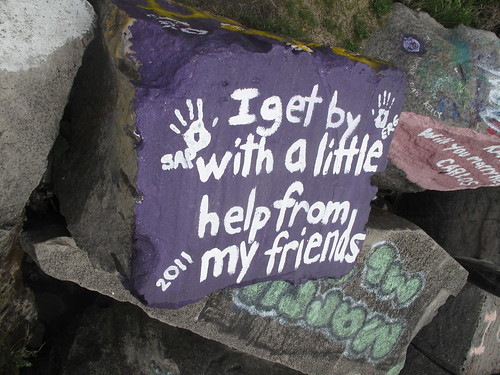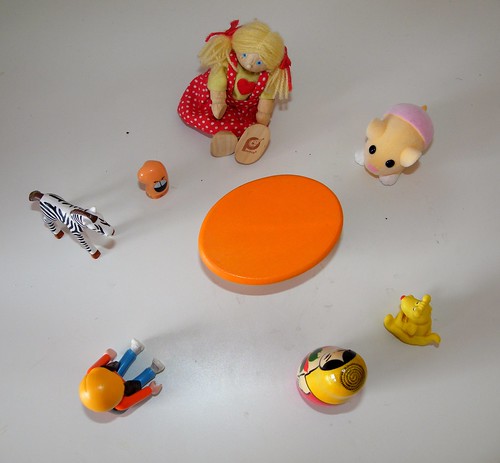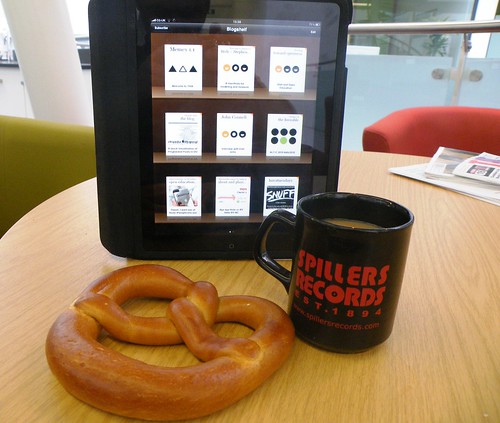<broadcast tower http://www.flickr.com/photos/7715592@N03/2177026879/>
When I was an undergraduate a friend and I had one of those (no doubt drink fuelled) discussions that we felt were very important. It was based around the idea of what would it be like if everyone lived to be 1000 years old? We decided that it would be unlikely that anyone would stay with the same partner for that length of time. Not because you didn't love them, but because in order to stay sane you would need to change yourself. Otherwise you'd just go mad being the same person all the time - the 670 year old you is likely to be different from the 130 year old you. We also felt that morality would change under such a dramatic shift - could you really live to 1000 years old and not be in trouble at some point? So having a criminal record might not be unusual anymore ("yeah, I had a brief fraudster phase in my 570s").
While we may not be living to 1000 yet, I think we're seeing a similar need to shift morality when it comes to networking. The twitter mob is now operating on a daily basis, as a number of recent examples have shown. The Justine Sacco story attracted much attention - being sacked while in flight for posting a racist joke. To be clear, what she posted was offensive and stupid, but as this Forbes piece argues, "at no point in history has it been so easy to destroy your entire life so quickly in so few words". And while sympathy with Sacco may be in short supply, the twitter mob is not very discerning: this teenage girl received lots of abuse after posting a joke which most people failed to appreciate.
While Sacco and other twitter morality outrages are based on offensive tweets, they are often no more offensive than the type of conversation one overhears in the pub. And yet someone won't have their life ruined for saying such things in a pub, but if a broadcaster said such things we would rightly be outraged by them. And this seems to be the difference, we are applying broadcast morality to personal communication.
Of course, you can say 'treat everything you say online as broadcast', and that's a pretty good model. But to bring us back to my 1000 year lifestyle change in morality, just as we would have to get used to people having a criminal record, so we might need to get used to someone having been the subject of a twitter mob. As pervasive technology gets used more extensively, those pub conversations may be broadcast without the speaker's knowledge. Most of us (in my world) are liberal, and don't go around saying offensive things either in pubs or on twitter, but can any of us say that over the course of our lives, something you've said couldn't be taken out of context, and be the subject of a twitter storm?
I'd like to think that we're going through an evolutionary phase and this massive connectivity is something we'll grow accustomed to, and adjust our social norms. But as the tragic gun crime stories from the US remind us, we're not always that great at adjusting society to meet the new possibilities of technology. In the mean time, avoid being part of a twitter mob, no matter how justified it is - it's bad for your soul.





